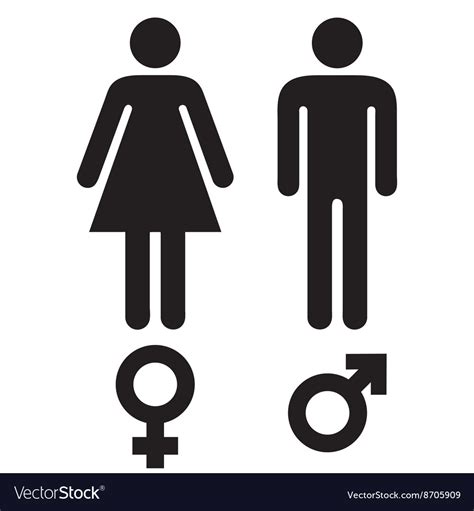What two specific micronutrients are particularly vital for men’s testosterone production, and what are their primary food sources?

The Micronutrient Powerhouses Behind Men’s Testosterone
Testosterone, the primary male sex hormone, plays a pivotal role in men’s overall health, influencing everything from muscle mass and bone density to mood and libido. While its production is a complex process affected by genetics, lifestyle, and age, diet stands as a crucial modifiable factor. Among the myriad nutrients the body requires, two specific micronutrients consistently emerge as particularly vital for supporting optimal testosterone levels: Zinc and Vitamin D.
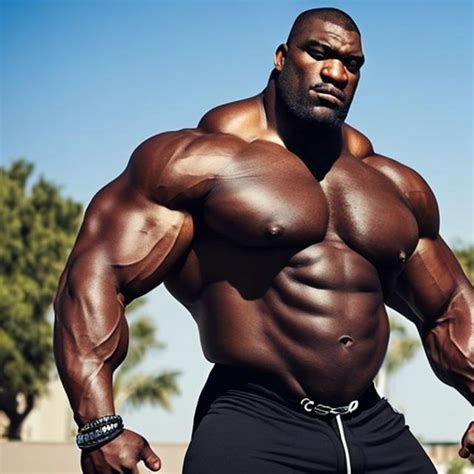
Understanding their distinct roles and ensuring adequate intake through primary food sources can be a significant step toward maintaining hormonal balance and overall well-being.
Zinc: The Essential Trace Mineral for Hormonal Synthesis
Zinc is an essential trace mineral involved in over 300 enzymatic reactions in the body, including those critical for protein synthesis, immune function, and cell division. Its direct impact on testosterone production is well-documented. Zinc acts as a co-factor for various enzymes involved in the synthesis of testosterone. Research has shown that even mild zinc deficiency can lead to a decrease in serum testosterone levels, while supplementation in deficient individuals can help restore them to healthy ranges.
Primary Food Sources of Zinc:
- Oysters: Often hailed as the king of zinc-rich foods, a single serving can provide several times the daily recommended intake.
- Red Meat: Beef, lamb, and pork are excellent sources, particularly lean cuts.
- Poultry: Chicken and turkey also contribute significantly to zinc intake.
- Legumes: Chickpeas, lentils, and beans contain good amounts of zinc, though its bioavailability can be affected by phytates. Soaking and cooking can help.
- Nuts and Seeds: Pumpkin seeds, cashews, and almonds are great snacks rich in zinc.
- Dairy Products: Milk, cheese, and yogurt provide modest amounts.
- Whole Grains: Oats, quinoa, and brown rice also contain zinc, again with consideration for phytates.
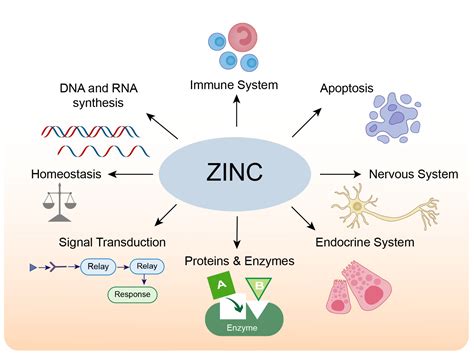
Vitamin D: The ‘Sunshine Vitamin’ with Hormonal Influence
Often referred to as the ‘sunshine vitamin’ because the body can produce it when exposed to sunlight, Vitamin D functions more like a hormone than a typical vitamin. Its receptors are found in almost every tissue and cell in the body, including the Leydig cells in the testes, which are responsible for producing testosterone. Studies have demonstrated a strong correlation between adequate Vitamin D levels and higher total and free testosterone in men. Conversely, Vitamin D deficiency is often linked to lower testosterone levels, suggesting a crucial regulatory role in hormone synthesis.
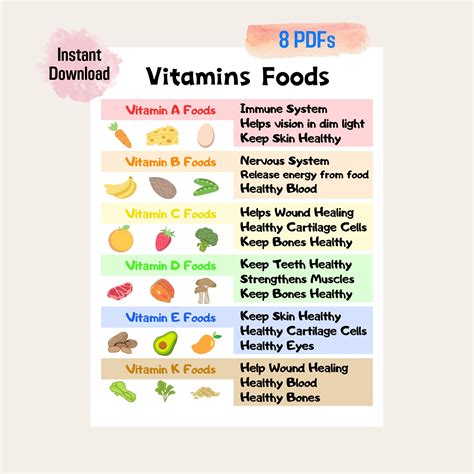
Primary Food Sources of Vitamin D:
- Fatty Fish: Salmon, mackerel, tuna, and sardines are among the best natural food sources of Vitamin D.
- Cod Liver Oil: A traditional supplement, it is exceptionally rich in Vitamin D.
- Fortified Foods: Many dairy products (milk, yogurt), cereals, and orange juices are fortified with Vitamin D to help meet daily requirements.
- Egg Yolks: A small but significant amount of Vitamin D is found in the yolk of eggs.
- Mushrooms: Some varieties, especially those exposed to UV light, can contain Vitamin D2, which the body converts to D3.
While food sources are crucial, direct sunlight exposure remains the most efficient way for the body to synthesize Vitamin D. However, geographic location, skin tone, and time of year can limit this, making dietary and supplemental intake essential for many.
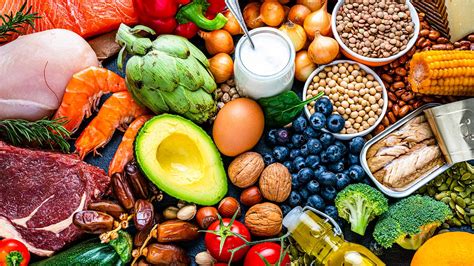
Beyond Micronutrients: A Holistic Approach
While zinc and Vitamin D are undeniably critical, it’s important to remember that they are part of a larger nutritional and lifestyle mosaic. Optimal testosterone production is also supported by a balanced diet rich in other vitamins, minerals, healthy fats, and proteins. Regular exercise, adequate sleep, stress management, and maintaining a healthy body weight all contribute significantly to hormonal health.
Consulting with a healthcare professional or a registered dietitian can provide personalized advice on ensuring adequate intake of these vital micronutrients, especially if you suspect a deficiency or are experiencing symptoms of low testosterone. Testing your levels can guide appropriate dietary adjustments or supplementation plans.
Conclusion
Zinc and Vitamin D stand out as two specific micronutrients that are particularly vital for men’s testosterone production. From the enzymatic processes influenced by zinc to the hormone-like functions of Vitamin D, their presence in sufficient amounts is non-negotiable for robust male hormonal health. By prioritizing foods rich in these nutrients—such as oysters, red meat, fatty fish, and fortified dairy—and considering appropriate sunlight exposure for Vitamin D, men can proactively support their testosterone levels and overall vitality.
